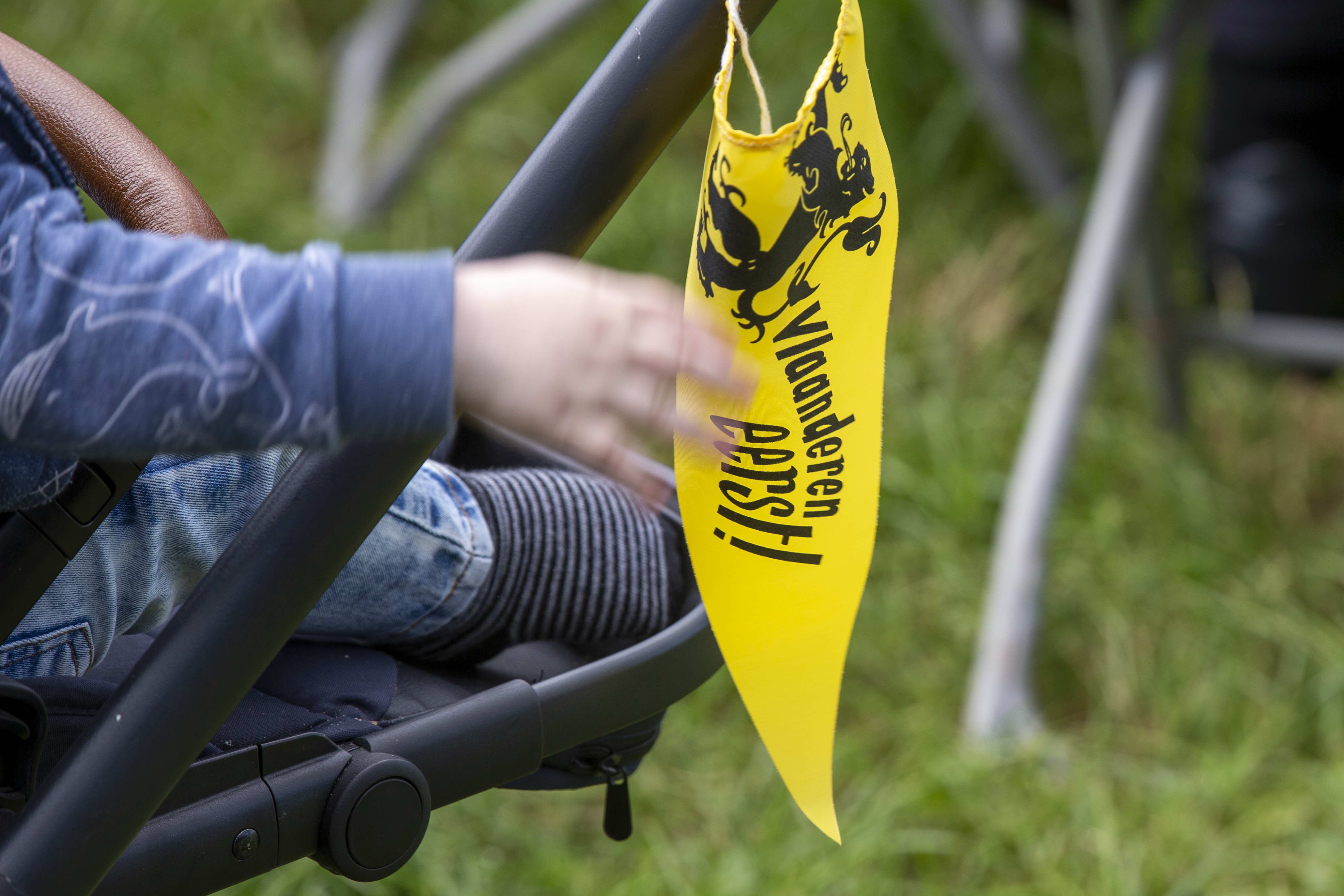Politicians believe Flemish voters are more right-wing than they actually are, says study

Flemish politicians across the political spectrum interpret voters' policy preferences as more right-wing than they actually are, reports De Standaard on the results of a new study on political trends in Flanders.
In a new study, researchers state that politicians' views are skewed due to election results in Flanders as well as how journalists interpret public opinion.
Furthermore, researchers write that politicians are not very good at reading public opinion. One recent example was Conner Rousseau, a member of the Flemish socialist party Vooruit – which is supposedly left-leaning – espousing far-right rhetoric on migration in the Molenbeek neighbourhood of Brussels.
The findings of the research were released on Tuesday, and written by political scientists at the University of Antwerp for the book 'Politicians' reading of public opinion and its biases'.
Citing an example from their study, the researchers point out that if a hundred Flemish voters are asked whether the retirement age should be a maximum of 67, then 91 will agree. However, if Flemish politicians guess that figure, they would estimate that just 75% of the Flemish will agree.
There are a number of examples where Flemish politicians often assume public opinion will have a tendency to be more right-wing. Some of these include: the number of voters who want to keep heavily polluting cars out of city centres; how many people do not want to deport anyone to a country that violates human rights; or how many want to keep the obligation to vote
There is a clear majority for the last two statements, but Flemish politicians tend to assume a minority, according to the researchers.
Right-wing generalisation
Politicians may, of course, go against their own voters or public opinion, but strikingly enough, they indicate that they do not (want to) do so. Researchers believe that it is not the case that politicians do not care about what people want. Many even have the feeling that they can assess public opinion quite well – this is what makes their errors of judgement all the more painful.
According to the study, politicians get a feel for public opinion through direct contact with 'ordinary citizens', traditional media, and to a lesser extent, social media.
It is an 'amateurish approach' that depicts a distorted reality, according to one of the reseachers, Stefaan Walgrave. It is an issue that applies to politicians in Canada, Switzerland, Germany and the other countries covered in a broader survey.
How the Flemish far-right uses social media
Politicians' view of voter preferences is a bias linked to election results and successes of right and far-right parties. 'The success of the N-VA and Vlaams Belang leads politicians to paint this picture in their heads, that the public mood in Flanders is particularly right-wing," said Sevenans.
In reality, it is a grave generalisation, Walgrave warns. "It starts from the wrong assumption that voting behaviour is a perfect mirror for public opinion, but that is not the case at all."
De Stemming, the opinion poll run by De Standaard and VRT NWS, previously showed that voters do not support all issues of the party they vote for.
Sometimes a different party is closer to their opinions, but they opt for the 'wrong' party because of a charismatic leader or because they make certain electoral promises. The link between how people vote and what they believe on different policy issues is relative.
"Certainly with regard to socio-economic files, a right-wing bias leads to a distortion," said Walgrave.
Distorted view of society
In areas where right-wing parties are less dominant, such as in Wallonia, biases are smaller, though not non-existent. In countries such as the United States, it is much stronger. The researchers also stressed impact the influence of social media, as politicians are much more active here.
'They often set the tone there too. Left-wing politicians we spoke to were reluctant to present themselves in the same way online, with a well-known exception being Conner Rousseau (Vooruit). It also leads to a distorted view of society," said Walgrave.
The distortion is also visible in traditional media due to how Flemish journalists interpret public opinion. The views of Flemish journalists are impacted by social media and the election results which results in a right-wing bias.
"Politicians and the media reinforce each other in the conviction that the Flemish voter leans to the right on various issues," said Sevenans.
(TOM)
#FlandersNewsService
© BELGA PHOTO NICOLAS MAETERLINCK